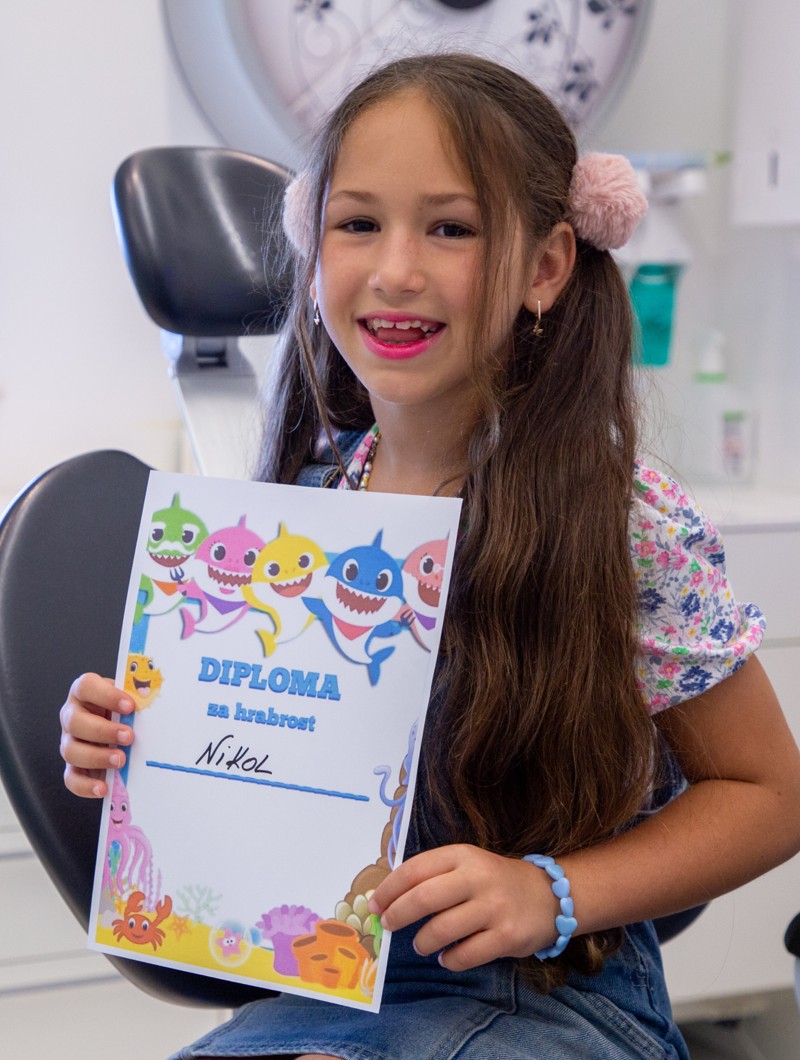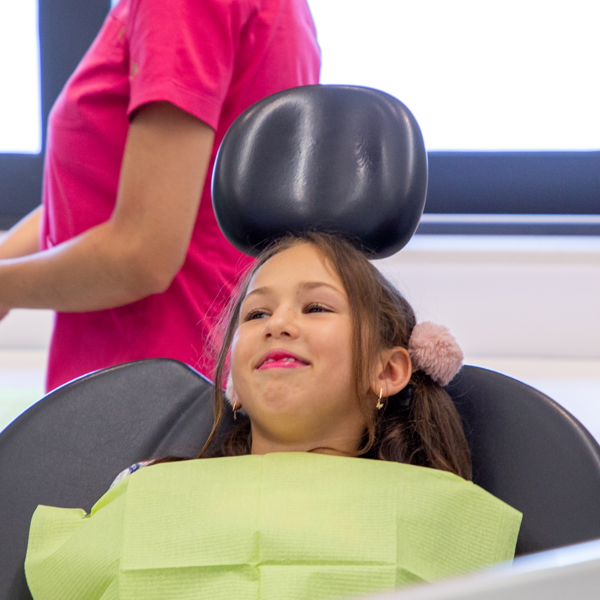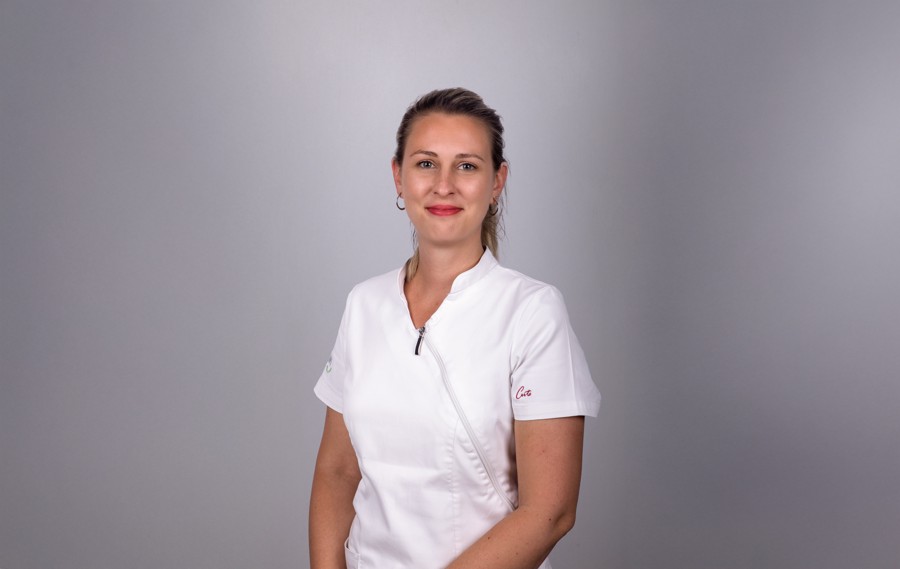Pedodontics
Toothache is a rather unpleasant pain, especially for children. Reassuring a child who is afraid of the dentist, when he sits in the chair, is a somewhat thankless role. This is where pedodontists come into play, that is, a special branch of dentistry aimed at children: pedodontics.


What is pedodontics?
Pedodontics is a branch of dental medicine that deals with the dental health of children; in other words, it is preventive, diagnostic and therapeutic services aimed at preserving the health of baby and permanent teeth. Children are specific patients and require a special approach and pedodontics is based on age-appropriate techniques and reducing fear and stress during visits to the dentist. Early recognition and treatment of problems in children is extremely important because it helps prevent complications and lays the foundation for healthy teeth in adulthood. Preventive treatments such as tooth covering, especially permanent teeth, are essential for protection from tooth decay. This makes the teeth more resistant to damage, ensuring long-term oral health.
Who needs pedodontics?
Pedodontics is necessary for every child because it ensures proper dental hygiene from an early age. Preventive examinations, dental protection treatments and timely care can prevent the development of more serious problems, such as tooth decay, irregular tooth growth or gum inflammation. Children who regularly visit a pedodontist have a better chance of maintaining healthy teeth throughout their lives. Pedodontics is especially important for children with a higher risk of tooth decay or orthodontic irregularities and for children with a marked fear of dental procedures, thanks to the approach adapted to their needs.
Postupak
FAQ
Why treat a baby tooth, it will fall out anyway?
Even baby teeth are perishable and cause bad breath and pain. Before your child experiences this and develops a possible fear of the dentist, he or she should be treated. While it may seem pointless to repair a tooth that will fall out anyway, preventing pain and unpleasant memories of visiting the dentist is essential to instilling healthy habits in your child. Getting into the habit of going to the dentist and actively taking care of oral hygiene from an early age will be a profitable long-term investment, both for you and for your child's health and well-being.
What is mixed dentition?
Between the ages of 6 and 12, baby teeth will be replaced by permanent teeth. During this period, it is not uncommon for children to have two “sets” of teeth in their mouths, because while one is slowly falling out, the other is already erupting. This is the most delicate stage in the development of permanent teeth in children, and at this stage the pediatric dentist plays a fundamental role in preventing any future complications or problems in chewing and the aesthetics of the child's teeth.
What is the "fissure sealing" that the pedodontist talks about?
Molars and premolars grow between the ages of 5 and 7 and are the largest of the permanent teeth, but they are also the most exposed to decay due to the numerous natural fissures and grooves. To protect them from harmful effects, pediatric dentists are increasingly resorting to the practice of preventive closure of these spaces, i.e. fissure sealing. In this way, the teeth are covered with a filling: a non-invasive, quick and painless procedure that reduces the formation of cavities by 50%.

"Children's fears are unconscious and sincere, as is the fear of the dentist. When working with children, a great contribution comes from parents who have previously talked to them and prepared them for the visit to the dentist. The patience and empathy of the dentist comes only later. A key factor in treating children is undoubtedly teamwork. There is nothing more precious than a child's smile and especially a healthy smile."
Nina Petrinić, DMD